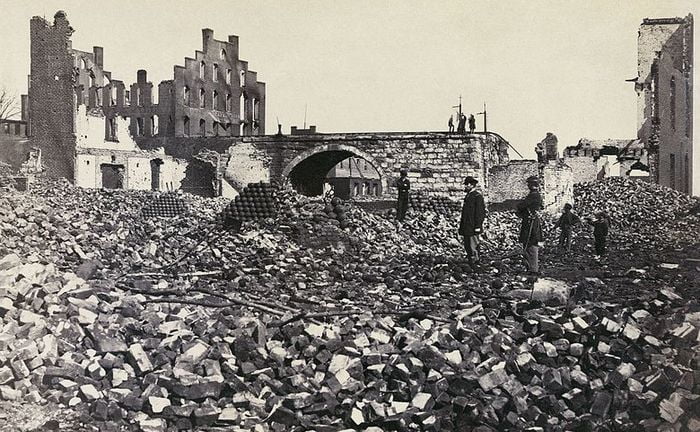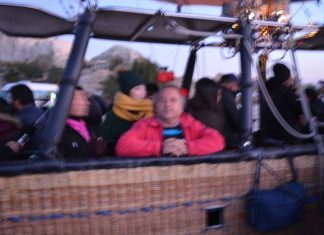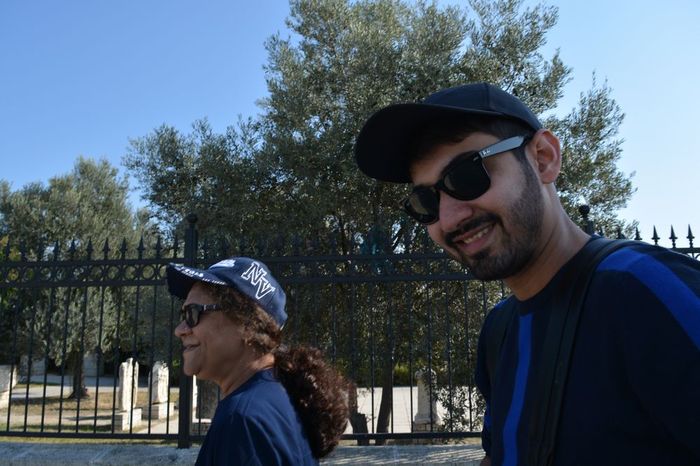As a day’s journey for an active man, they decided on eight stages in some places, in others less, but hardly ever less than five. Forty horses were kept for each stage, and grooms in proportion to the number of horses. By frequent relays of the best mounts, couriers were thus able to ride as long a distance in one day as would ordinarily require ten, and bring with them the news required.
Also the landowners in these provinces, especially those whose estates were in the interior ‘ were greatly benefited by the system, as they sold at a high price to the government each year their surplus harvests to feed the horses and the grooms. And accordingly the State received the due tribute from each of these, immediately reimbursing them for furnishing it: and this was to the advantage of the whole State. Now this is how things were formerly done.
But this tyrant first suppressed the post from Chalcedon to Dacibiza, and then compelled the couriers to go from Constantinople to Helenopolis, however little they liked it, by sea. Faring in small boats, such as were usually used for crossing the strait, they were in serious peril if a storm came up. For because speed was demanded of them, they could not wait for calm weather.
Consequently news of what happened
In the case of the road to Persia, he permitted the former system to remain; but everywhere else in the East, as far as Egypt, he reduced the number of stages making a day’s journey to one, and provided, instead of horses, a few asses. Consequently news of what happened in each province was brought with great difficulty, too late to be of any use and long after the event, and the farm owners got no benefit of their crops which either rotted or lay idle.
The spies were organized as follows. Many men were formerly supported by the treasury, who visited the enemy, especially the Persian court, to find out exactly what was going on; on their return to Roman territory, they were able to report to the Emperors the secrets of the enemy. And the Romans, being warned, were on guard and could not be taken by surprise.
This system was also a long-established custom with the Medes; and Chosroes, they say, increased the pay of his spies, and benefited by the precaution. But Justinian did away with the practice of hiring Roman spies, and in consequence lost much territory to the enemy, including Lazica, which was taken because the Romans had no information as to where the Persian King was with his army.
Read More about The Secret History part 12








